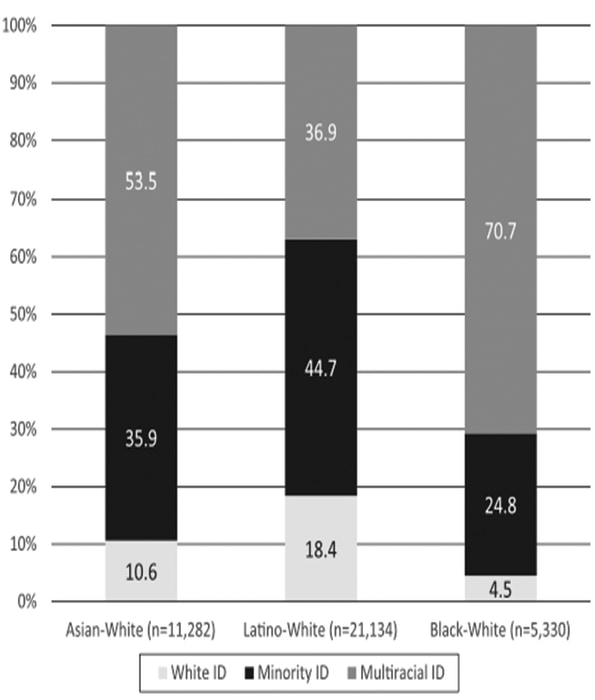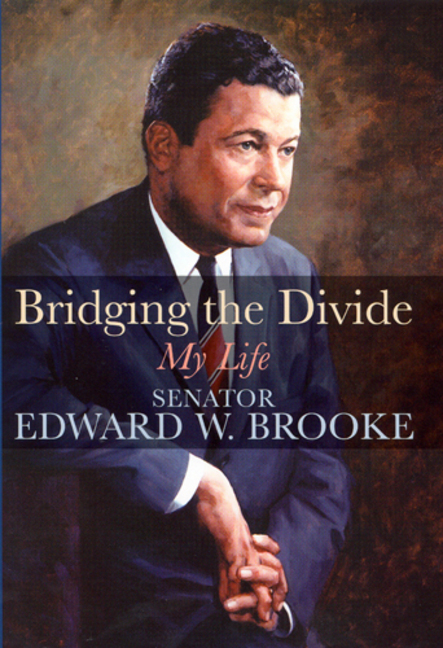2015 IMPACT25 Influencer: Misty CopelandPosted in Articles, Arts, Media Archive, Women on 2016-02-04 02:58Z by Steven |
2015 IMPACT25 Influencer: Misty Copeland
ESPN W
2015-12-07
Dimity McDowell Davis, Special to espnW.com
 From line sketches to pencils and final color, Marvel captured the essences of our IMPACT25 nominees and turned them into super versions of themselves. Behind Marvel’s IMPACT25 heroes » |
“Every time I dance, I’m trying to prove myself to myself.” —Misty Copeland
Ballerina Misty Copeland’s year was, in all aspects, a grand jeté: the powerful ballet leap in which the dancer flies high above the stage in an impressive splits pose. Before this year, Copeland had already disrupted the classical world of ballet — she was the first African American to play the lead role in “Swan Lake” — and challenged millions to rethink their definition of an athlete through her Under Armour campaign. (Tutus and tiaras deserve as much respect as shoulder pads.)
In 2015, she continued to turn heads. Her muscular body landed on the cover of Time, and months later, she landed her biggest role to date. On June 30, the American Ballet Theatre promoted her to the role of principal dancer, making her the first African-American woman in the company’s 75-year history to hold that title…
Read the entire article here.



